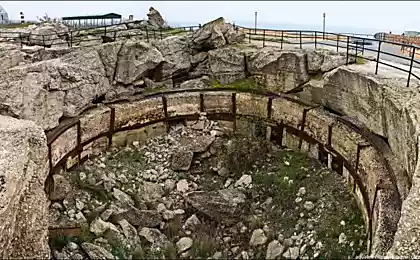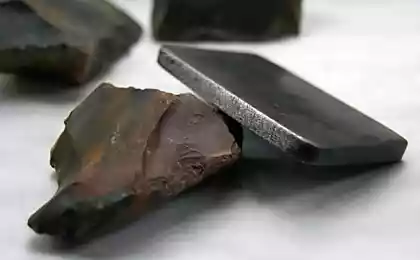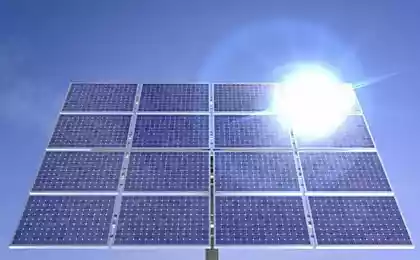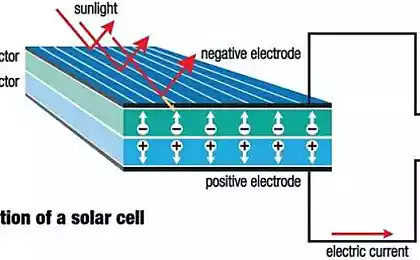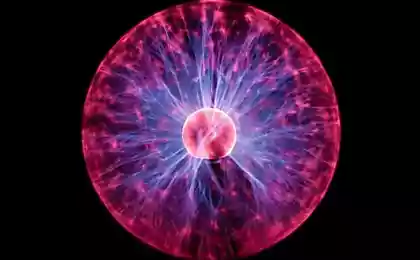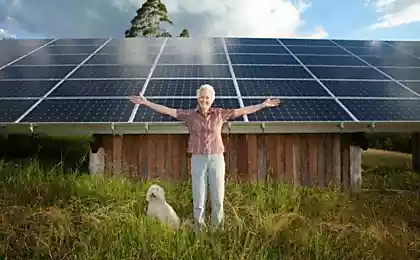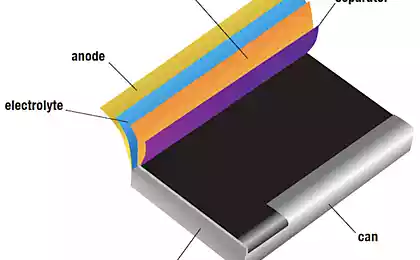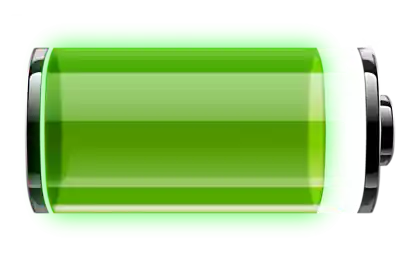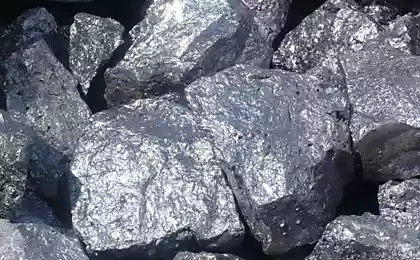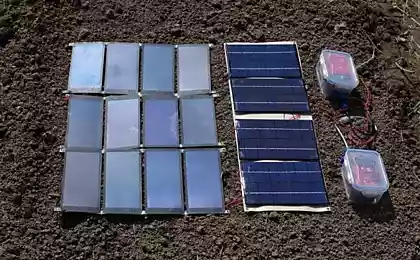470
Energy-efficient battery from silicon and diatomaceous earth
Researchers from the University of California (Riverside''s Bourns College of Engineering) have developed an inexpensive, economical method of creating silicon anodes for lithium-ion batteries from fossilized remnants of unicellular algae called diatoms. This study may lead to the development of lithium-ion batteries ultra high capacity for electric vehicles and portable electronics.
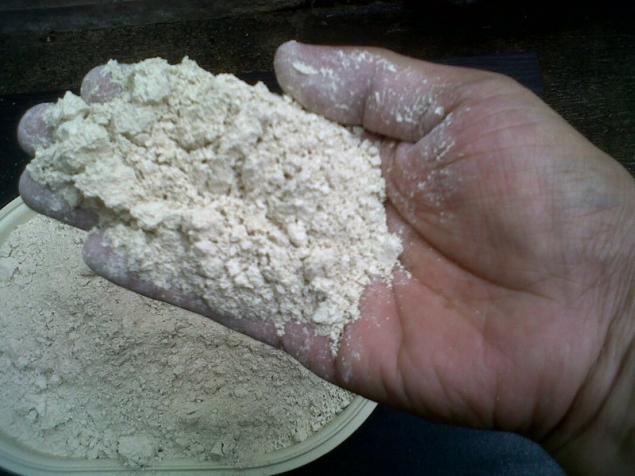
Li-ion batteries are most widely used in electric vehicles and personal electronics They consist of several key components, including the anode, cathode and electrolyte of a lithium salt dissolved in an organic solvent. Graphite is the main material for most anodes, but the performance is the limiting factor in the production of more efficient batteries and their widespread use. Silicon, which can store about 10 times more energy is currently being developed as an alternative anode material, but its production by the traditional method (carbothermic reduction) is expensive and energy intensive.
In order to change this situation, the UCR team found a source of cheap silicon — diatomaceous earth (DE) and more efficient chemical processes. DE is a silica rich sedimentary rock that consists of fossilized remnants of diatoms. Using a process called a "magnesiothermic reduction", the group turns this cheap source of silica (SiO2) pure silicon nanoparticles.
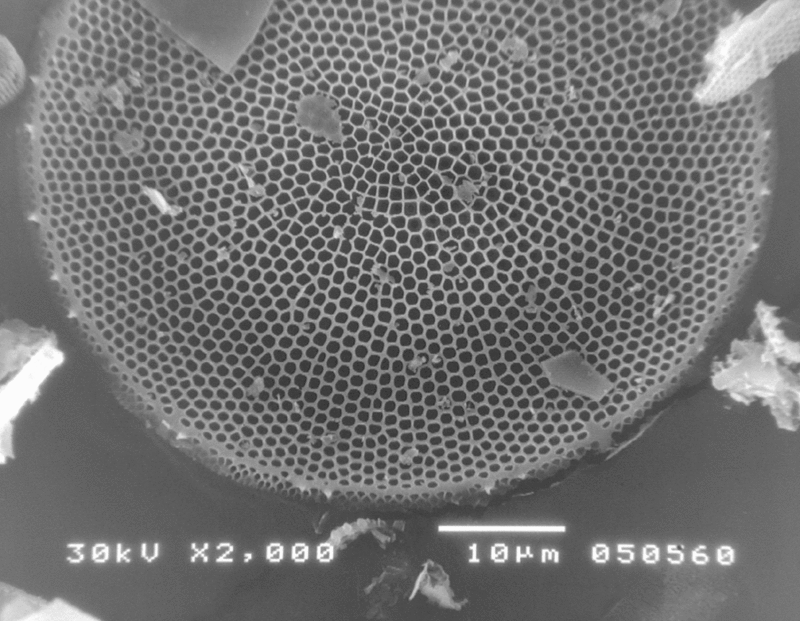
This study is the latest in a series of projects conducted by professors Mihri Ozkan and Cengiz Ozkan to create anodes of lithium-ion batteries with environmentally friendly materials. Previous studies have focused on the development and testing of the anodes of Portabella mushrooms collection and beach sand.
"In order to progress in the technologies of electric vehicles, we need a much more battery efficient. We believe that the diatomite is widely rasprostranen and is an inexpensive starting material and may be another source of silicon for battery anodes. "said Mihri Ozkan. published
Source: phys.org/news/2016-10-ancient-fossils-future-cars-energy-efficient.html

Li-ion batteries are most widely used in electric vehicles and personal electronics They consist of several key components, including the anode, cathode and electrolyte of a lithium salt dissolved in an organic solvent. Graphite is the main material for most anodes, but the performance is the limiting factor in the production of more efficient batteries and their widespread use. Silicon, which can store about 10 times more energy is currently being developed as an alternative anode material, but its production by the traditional method (carbothermic reduction) is expensive and energy intensive.
In order to change this situation, the UCR team found a source of cheap silicon — diatomaceous earth (DE) and more efficient chemical processes. DE is a silica rich sedimentary rock that consists of fossilized remnants of diatoms. Using a process called a "magnesiothermic reduction", the group turns this cheap source of silica (SiO2) pure silicon nanoparticles.

This study is the latest in a series of projects conducted by professors Mihri Ozkan and Cengiz Ozkan to create anodes of lithium-ion batteries with environmentally friendly materials. Previous studies have focused on the development and testing of the anodes of Portabella mushrooms collection and beach sand.
"In order to progress in the technologies of electric vehicles, we need a much more battery efficient. We believe that the diatomite is widely rasprostranen and is an inexpensive starting material and may be another source of silicon for battery anodes. "said Mihri Ozkan. published
Source: phys.org/news/2016-10-ancient-fossils-future-cars-energy-efficient.html
When he really did not "pull" or How strong the woman is to build relationships
6 simply magical tools that will help to reduce stretch marks



